When my skin hero Jennifer Lopez launched her eponymous skincare line, she fought hard to include a supplement in the line-up, saying, “I really believe in beauty from the inside out”.
“I really believe with a pump and a pill—a pump of serum and a supplement—you’re going to see an improvement in your skin over time.”
I’ve said it before and I’ll say it again (it’s Sherine here, btw), the woman is a walking advertisement for good skin, and I’m prone to believing whatever she tells me, but she’s also a smart businesswoman.
Whether you call them nutricosmetics, ingestibles or edible beauty, supplements are now big business. The category has exploded in the past few years, and now includes powders, tablets, liquids and gummies – all of which promise to boost internal reserves of things we need for healthy skin (like collagen and hyaluronic acid) and improve skin from the inside out.

Collagen is by far the most popular ingredient, and the global collagen market is projected to reach a staggering US$8.3billion by 2027, with the ageing population in Asia-Pacific driving the growth.
Mintel research found that heightened anxiety over staying healthy since COVID has fuelled even more demand for supplements, and increased stress levels have led to consumer requests for supplements that complement our topical skincare routines. In Australia, launches of skin, nail or hair supplement almost tripled between November 2017 and October last year.
But, no offence to J.Lo (I love you!), I’m also a journalist, and I need some evidence.
The expert advice
Paging Dr Cristina Psomadakis, a London dermatologist who dispenses accessible and educational information to her thousands of followers. She puts the popularity of supplements down to a society that’s living longer (and wants to look after their health) and social media, which delivers loads of material on wellness and aesthetics that in turn creates demand for products that achieve this.
But what does the science say?
“This is really an area of ongoing research,” she says. “We have a lot of scientific evidence that suggests a healthy lifestyle and good diet has positive effects on skin health [but] the role of supplements is not yet really backed by a lot of research. The majority of the studies are funded by the company producing the product, and [they’re] usually only tested on a small number of people for a short period time.”
The majority of the studies are funded by the company producing the product, and [they’re] usually only tested on a small number of people for a short period time.
Dr Psomadakis herself doesn’t take any skin or hair ingestibles, and will only prescribe them to patients if they’re low on a specific vitamin or mineral.
However, she says, “if people want to take a supplement for their general health it is probably fine, but they should always mention it to their doctor because it can interfere with medications and test results.”
She also warns there are consequences for taking too many supplements: “Supplements are not regulated the same way drugs are, so you don’t always know what you are getting and quality can vary greatly.” And she advises looking after the basics—exercise, healthy diet, sunscreen, effective skincare ingredients— before making the (often considerable) investment in edible beauty.
“If, after all of that, you are willing to put time, effort and money into something that may or may not add a little extra oomph, you can consider supplements.”
We like oomph here at PRIMER, so we put a couple of supplements to the test.
Anna, PRIMER co-founder, tried: Dose & Co Pure Collagen Powder, $34.99
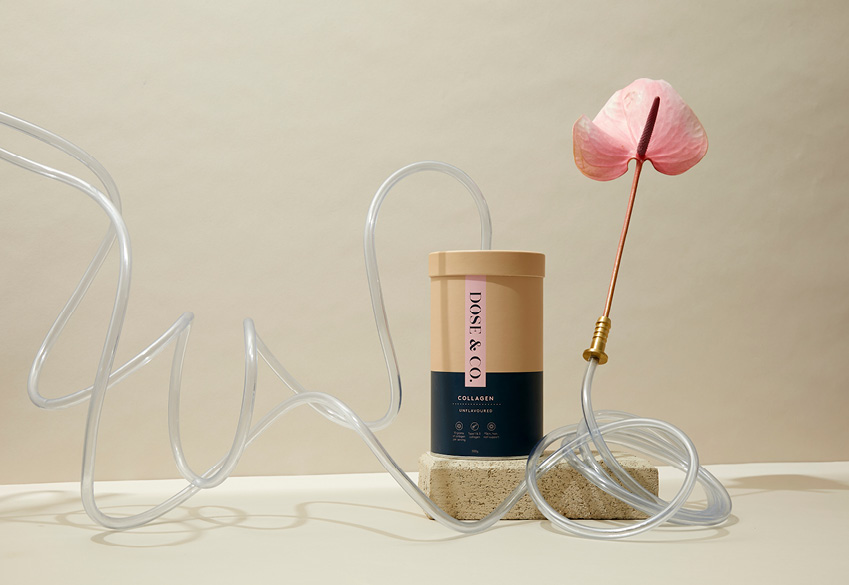
If you’re a Kardashian fan, you may already know about Dose & Co – the sustainable New Zealand wellness brand beloved by Khloe Kardashian (who loves it so much she recently invested in the company).
Having never watched KUWTK, I could hardly be described as a Kardashian fan. However, after two children – and the loss of approximately 120,000 hours sleep, along with the last vestiges of youthful plumpness in my face – I am a big fan of anything that promises to make me look younger and more rested.
Many collagen supplements are made with marine collagen (from fish). But Dose & Co contains bovine collagen (yes, collagen from cows) – and although that might be off-putting for some, scientists agree that bovine collagen is the closest form to the human kind.
I tried Dose & Co’s flavourless collagen powder, which I loved because you can add it to anything (I added mine to coconut water) without worrying about an artificial flavour or messing around with a Vitamix.
I also liked the collagen and protein powder, which – added to a green smoothie – will keep you feeling pleasingly full for hours.
Does Dose & Co work? I say this cautiously, but after trying it for a week… I think it might. And given that it’s so easy to use (and you can even buy it at Coles, which means I can sneak it into the supermarket shop), I’m inclined to stick with it.
Felicity, PRIMER co-founder, tried: Dr Lewinn’s Marine Collagen Peptide+ Inner Beauty Powder, $59.99 (for 30 sachets)
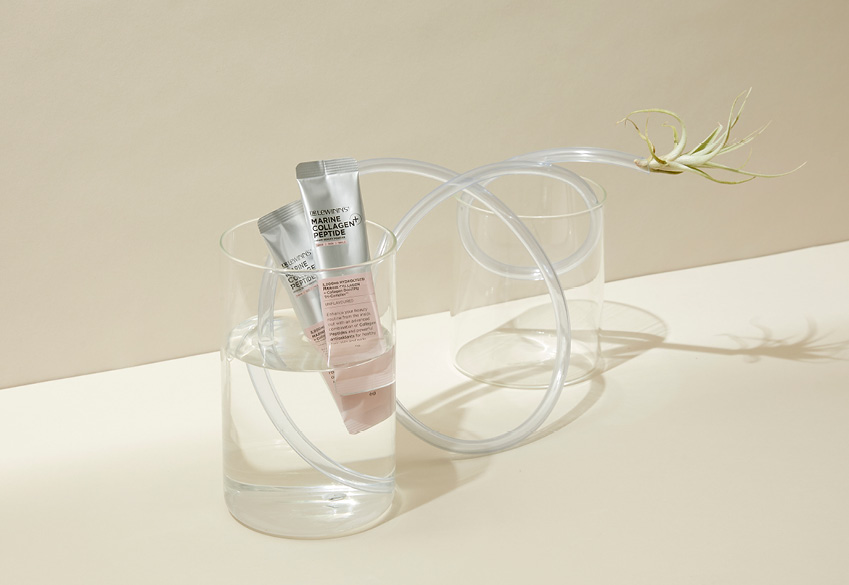
Blemishes have been a feature of my life since age 13, but I’ve obviously hit some kind of skin sweet-spot right now, because – happy days – my complexion is as clear as it’s ever been. Obviously, the combination of long work hours, endless washing and a house full of children is working for me.
But as I’ve long believed that you can’t have too much of a good thing, I was keen to try Dr Lewinn’s collagen peptide beauty powder, if only as a way of increasing my paltry water intake. Containing sustainably sourced marine collagen and collagen peptides, the powder promises to improve skin firmness and strengthen hair and nails, and features a decent dose of dietary fibre, too.
You take one 30g sachet up to three times a day, which means you’d get through one container every 10 days on the highest dosage, making it a significant skincare investment for me. I settled on a couple of sachets a day, tipping them into a big glass of water, although you can mix them into other drinks such as smoothies (on the side of the carton they suggest mixing with tea, which to a tea drinker is almost sacrilegious). They were pleasingly bland; almost colourless and without any particularly aftertaste, which I liked.
But do they work? To be honest, I found it hard to say. My skin remained pretty unchanged, but my nails, which break once they grow more than two millimetres past my fingertip, did seem stronger. I’d take this supplement before a big event, or when my skin and nails feel like they need a boost.
Lucy Adams, PRIMER beauty editor, tried: Vida Glow Hyaluronic Complex, $110 (14 day supply)
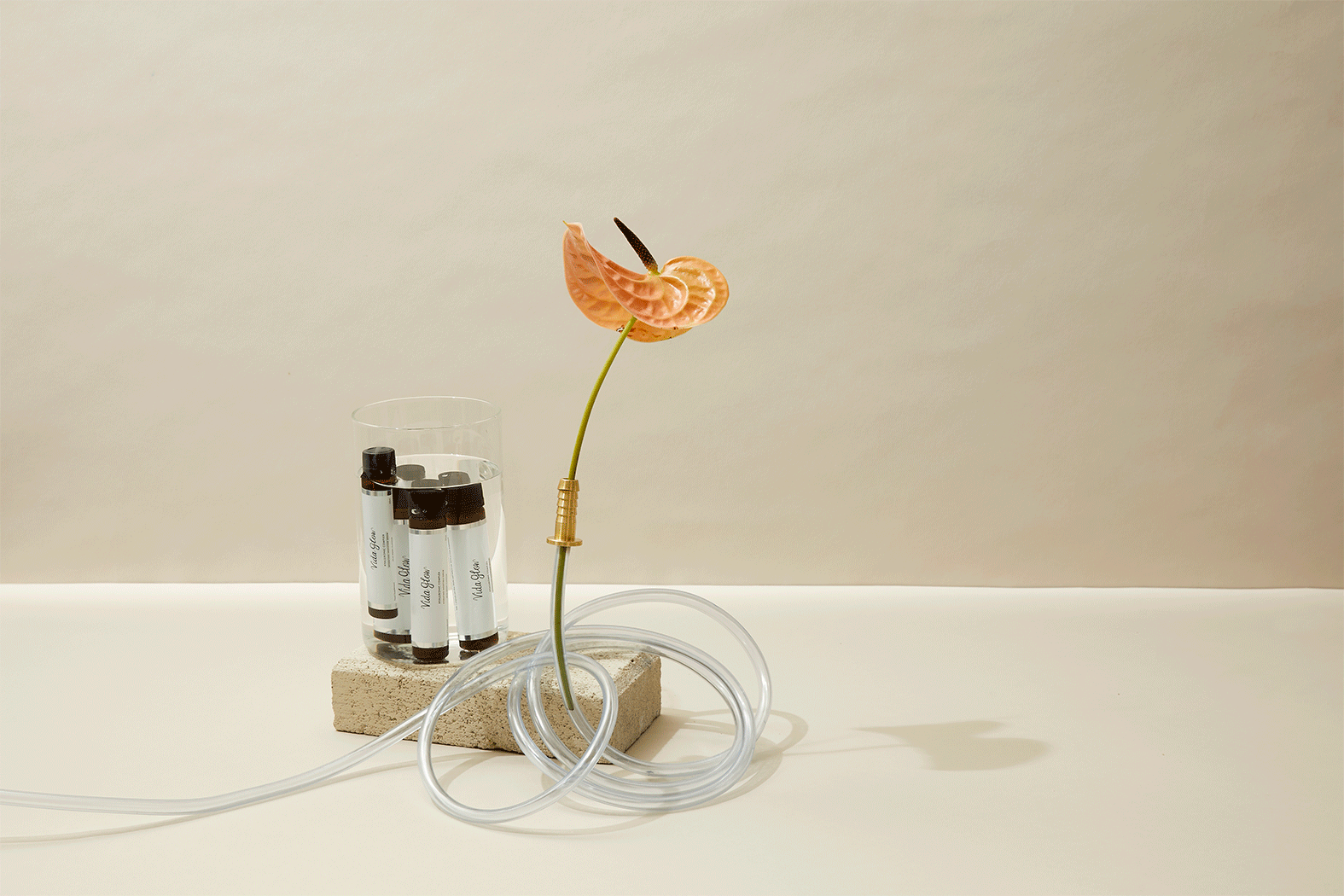
I wouldn’t describe my skin as particularly dry, but there are times I notice it looks more dehydrated (a stressful week or in the depths of winter) which makes my fine lines look more pronounced and my skin more crepe-y.
The daily dosed ampules don’t require mixing, stirring or blending (just twist and sip – love that!), and they are tasty (like a sweet berry syrup) and convenient, so you can slip in your bag for later, or, in my case, sip with a coffee while making school lunches.
The results were noticeable within just a few days—my skin felt fresher and softer, and I noticed less redness around my chin and nose— and at the end of the two weeks, my skin did have a more moisturised appearance, was visibly firmer, and I looked as though I had been drinking my daily two-litre water quota (which I never do). A tick from me.
Sherine Youssef, freelance beauty editor, tried: The Beauty Chef Immune Food, $55
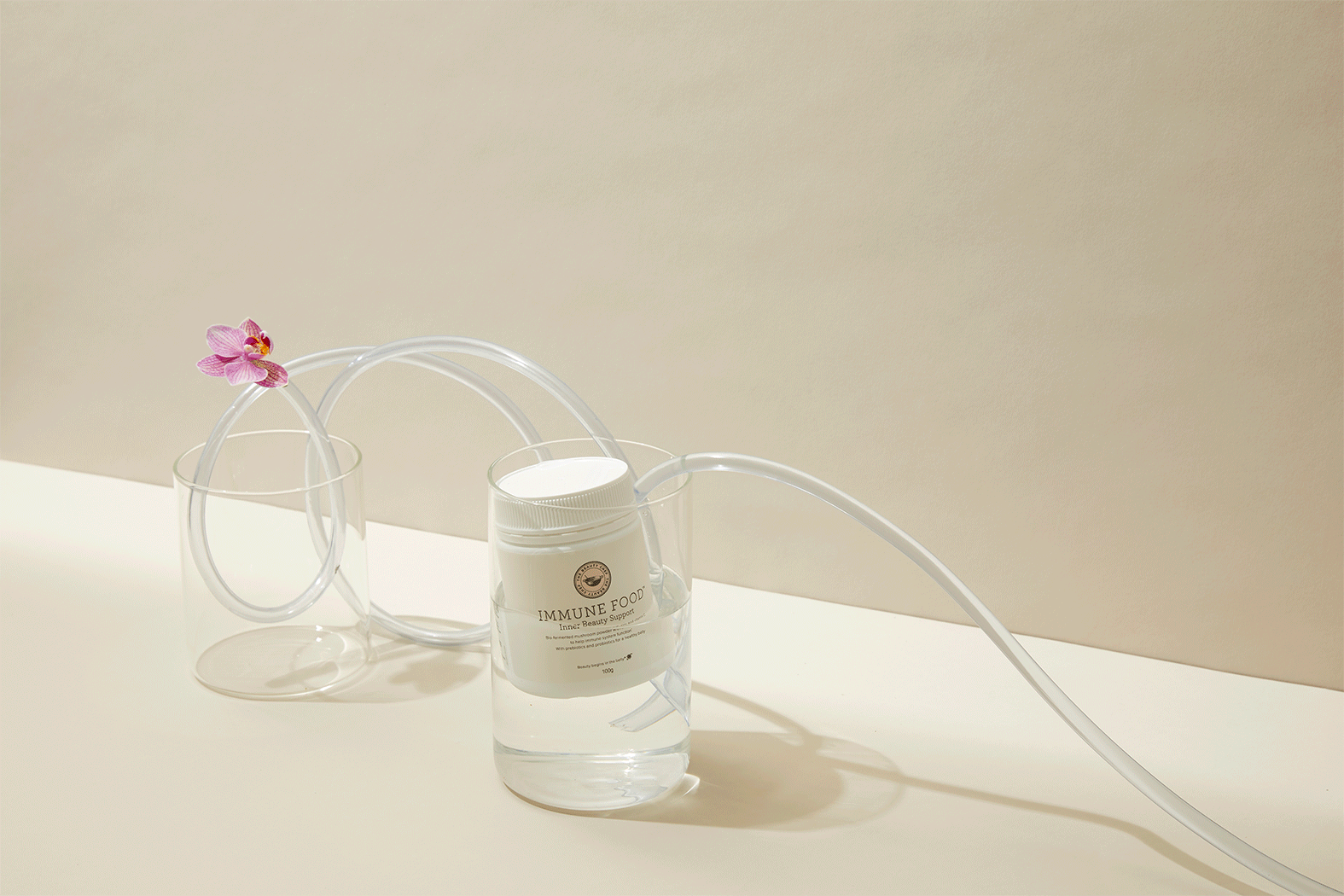
With about 70 per cent of our immune system located in the gut, it makes sense that The Beauty Chef, known for its focus on gut health, would tackle immunity with this powder.
It’s made with two types of mushrooms (shiitake and turkey tail) that deliver adaptogenic benefits (ie, working to reduce stress and inflammation) and boost immunity (the latter is aided by the addition of zinc and vitamin C).
And of course, like all Beauty Chef products, there are also pre- and probiotics for healthy gut function.
I started taking this banana-berry powder, along with lysine tablets, just as I enrolled into online university. My stress levels are higher than usual (remind me, how do I write a paper and footnote?) and this typically manifests as cold sores. The last time I was academically stressed was during my HSC, when I had about ten of them on my chin, but this time, I only got around three, so I’m pretty happy right now.
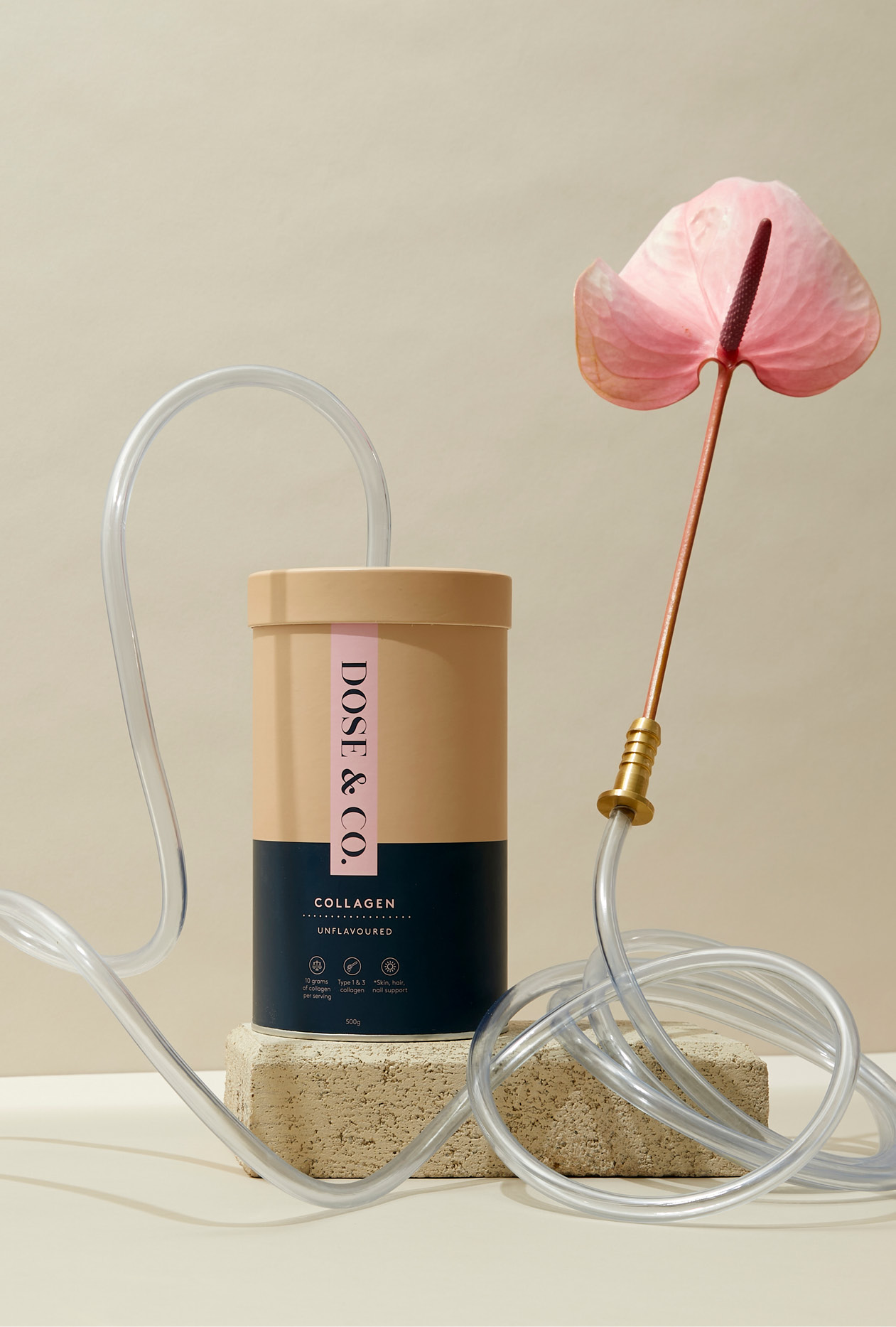


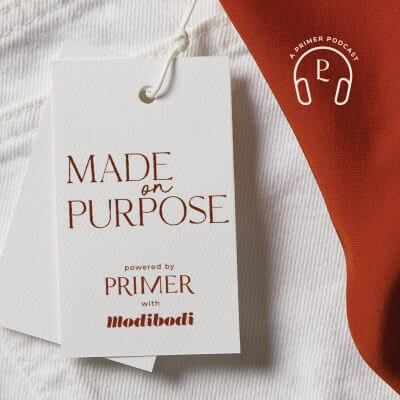
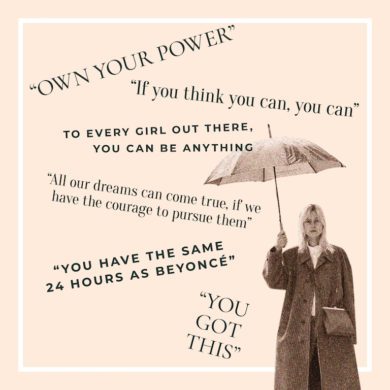
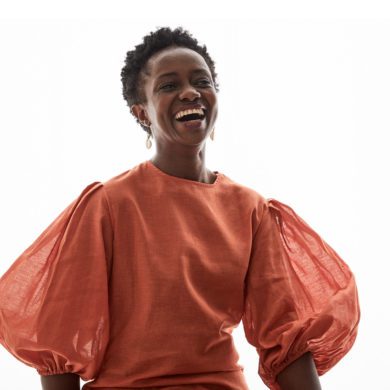
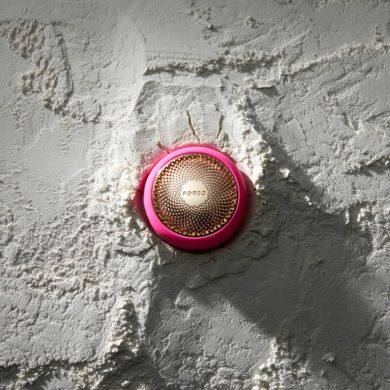



No Comments